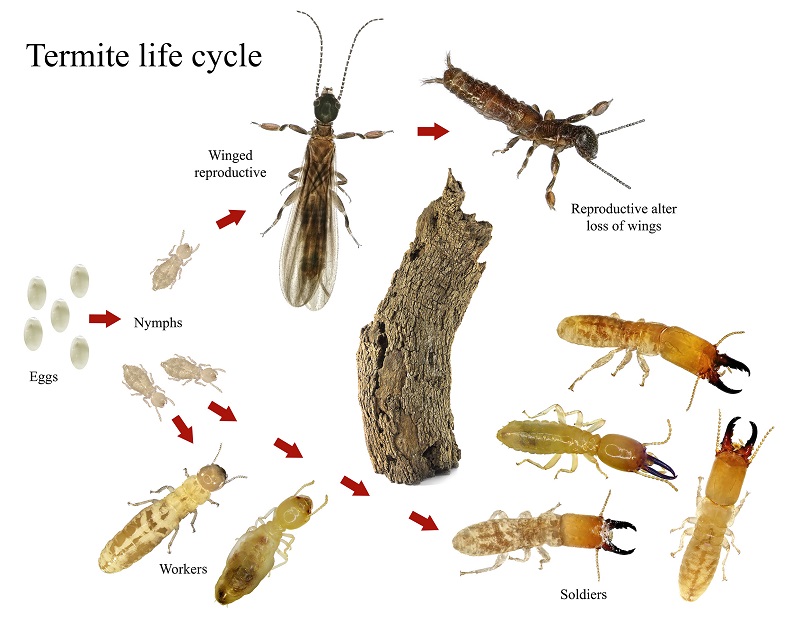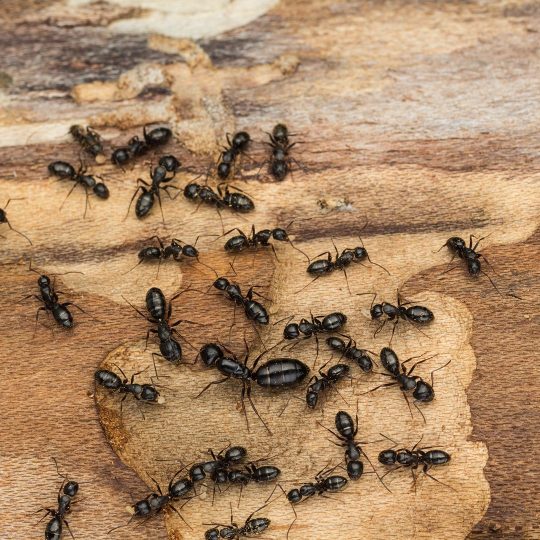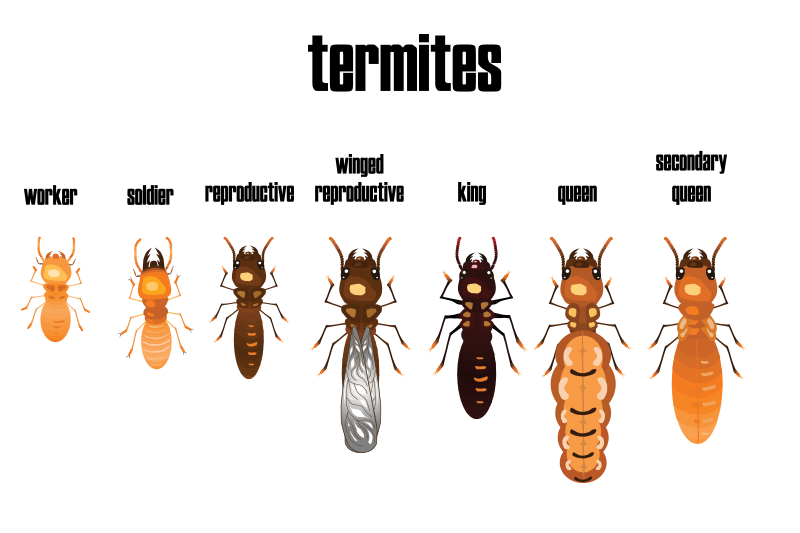Complete Ant Control: Strategies and Services to Beat Ant Troubles
Complete Ant Control: Strategies and Services to Beat Ant Troubles
Blog Article
Ecological Effect of Bug Control: Harmonizing Effectiveness With Sustainability
The ecological impact of parasite control is a crucial issue that calls for a fragile equilibrium in between achieving efficiency in taking care of parasites and ensuring sustainability of our environments. As we make every effort to safeguard our plants, homes, and health and wellness from the risks posed by insects, the methods we use can unintentionally hurt the setting. From making use of damaging chemicals that permeate into our dirt and water to the unintentional effects on non-target types, the consequences of traditional bug control techniques are far-ranging. Nonetheless, there are arising techniques that use hope for a more lasting approach to pest management. These remedies not only goal to address the instant parasite problems yet likewise think about the lasting health and wellness of our planet.
Unsafe Chemicals in Pest Control
The utilization of damaging chemicals in insect control positions significant ecological and wellness threats that necessitate cautious consideration and mitigation methods. Insecticides, pesticides, and herbicides are typically utilized to eliminate pests, yet their extensive application can result in unplanned consequences. These chemicals can infect soil, water sources, and the air, influencing not only the targeted pests yet likewise useful insects, wild animals, and humans.

To address these threats, integrated bug administration (IPM) methods are being promoted as a more lasting choice. IPM includes a combination of methods such as organic control, habitat control, and the targeted use pesticides as a last option (ant control clayton nc). By embracing an alternative method to pest control, we can lessen the environmental and health influences related to hazardous chemicals while effectively handling pest populaces
Effect On Non-Target Species
Considering the unplanned effects of parasite control techniques, the impact on non-target types is a vital aspect that calls for detailed examination. While pest control procedures aim to target certain pests, various other organisms in the ecological community may be accidentally affected. Non-target types, including beneficial insects, birds, animals, and also plants, can suffer indirect or direct injury from pesticide applications or biological control approaches.
Insecticides developed to fight a certain bug pest may harm pollinators like bees or natural predators such as ladybugs. Biological control agents, if not species-specific, can pose risks to unintended targets, disrupting the ecological balance.
To reduce the effect on non-target types, integrated pest management (IPM) strategies that emphasize a holistic approach to pest control are advised. These approaches prioritize making use of environmentally pleasant techniques, lessening damage to helpful organisms while effectively managing pest populaces. Conducting comprehensive risk evaluations and keeping an eye on the results of bug control efforts are important action in securing non-target types and promoting total environment health and wellness.
Soil and Water Contamination
Unplanned environmental effects of bug control methods expand beyond impacting non-target types, with significant effects for soil and water contamination. Chemicals, herbicides, and chemical fertilizers used in bug control can leach into the dirt and contaminate groundwater, presenting a risk to both earthbound and aquatic environments. Soil contamination can interrupt the equilibrium of bacteria crucial for vitamins and mineral cycling and plant development, leading to reduced dirt fertility and productivity. Furthermore, these chemicals can continue the atmosphere for extensive periods, collecting in the dirt and potentially entering the food cycle.
Water contamination is an additional crucial issue related to parasite control techniques. Runoff from agricultural fields treated with pesticides can lug these chemicals into nearby water bodies, affecting aquatic organisms and water quality. Pollutants in water sources can have far-reaching consequences, impacting not only aquatic life but also human wellness via the intake of infected water or water organisms. To reduce dirt and water contamination from parasite control tasks, incorporated insect administration methods that prioritize sustainability and decrease chemical inputs are crucial.
Air Pollution From Pesticide Usage
Direct exposure to airborne pesticides throughout agricultural applications positions a substantial issue for air contamination control actions. Furthermore, pesticide drift, where pesticides are lugged by the wind to unintentional locations, can lead to the contamination of nearby environments and water bodies.

Approaches for Sustainable Bug Control
In the world of agricultural methods, implementing lasting insect control methods is vital for maintaining environmental equilibrium and securing plant yields. Sustainable bug control emphasizes using environmentally pleasant approaches to take care of parasite populaces properly while minimizing harm to non-target microorganisms and communities. Integrated Insect Administration (IPM) is a commonly adopted method that combines biological, social, physical, and chemical control approaches to attain lasting bug administration options.
One secret method in sustainable insect control is promoting biodiversity within agroecosystems. By enhancing natural adversaries of pests, such as parasitoids and predators, farmers can decrease the requirement for synthetic chemicals. Plant rotation and diversification are additionally reliable methods to interrupt pest life cycles and create much less positive conditions for insects to thrive. In addition, using pest-resistant plant ranges and employing techniques like trap chopping can help in reducing insect pressure without depending heavily on chemical treatments. Eventually, by integrating these lasting insect control approaches, farmers can accomplish a balance in between pest management performance and environmental stewardship.
Final Thought
In verdict, the environmental effect of parasite control methods have to be thoroughly taken into consideration to balance efficiency with sustainability. Hazardous chemicals utilized in parasite control can result in soil and water contamination, air contamination, and harm non-target species - termite control. It is important to apply lasting pest control strategies to decrease these unfavorable effects on the atmosphere and advertise a much healthier community for future generations
By embracing an alternative strategy to pest control, we can minimize the environmental and health impacts connected with dangerous chemicals while properly taking care of pest populaces.

To alleviate the air pollution triggered by pesticide usage, it is essential to take on integrated parasite administration strategies that prioritize the usage of non-chemical bug control methods, such as plant rotation, all-natural predators, and immune crop ranges. Sustainable parasite control highlights the use of eco friendly approaches to handle pest populaces successfully while reducing injury to non-target microorganisms and environments. Integrated Pest Administration (IPM) is a widely embraced method that incorporates organic, cultural, physical, and chemical control methods to accomplish lasting parasite administration remedies.
Report this page